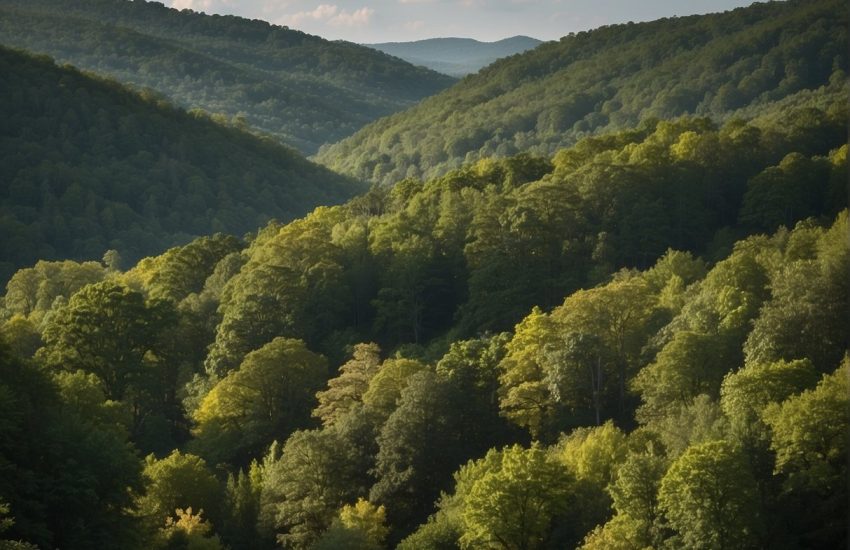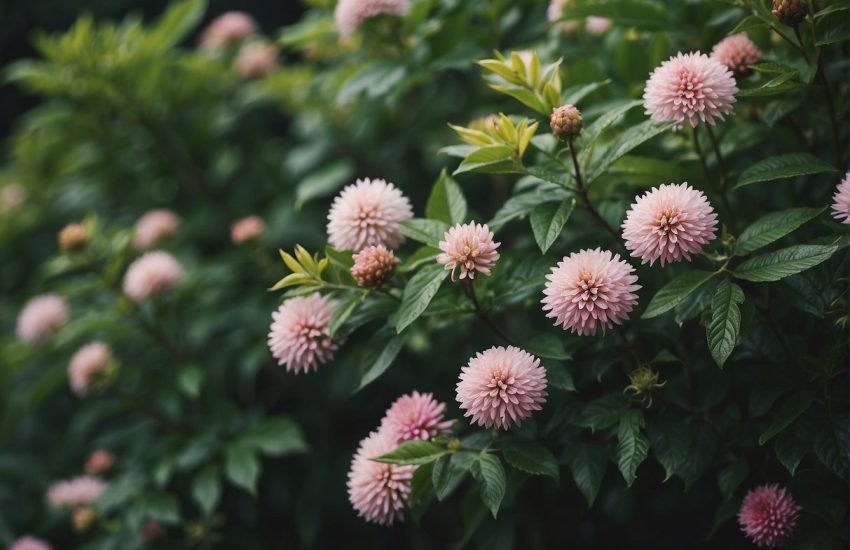Lemon Tree Zone 7: How to Grow and Care for Lemon Trees in Cold Climates
Lemon trees are a popular fruit tree for gardeners across the US, but can they survive in colder climates like Zone 7? Zone 7 is known for its cold winters, with temperatures dropping as low as 0 degrees Fahrenheit (-18 degrees Celsius). This raises the question of whether lemon trees can survive in such harsh conditions.

Fortunately, there are cold-hardy citrus tree varieties that can thrive in Zone 7. While lemon trees are not the hardiest of citrus trees, there are ways to protect them during the colder months. Gardeners in Zone 7 can grow lemon trees by selecting the right variety, planting them in the right location, and providing proper care. In this article, we will explore the best lemon tree varieties for Zone 7 and provide tips on how to care for them.
Selecting the Right Lemon Tree for Zone 7

When it comes to selecting the right lemon tree for zone 7, there are a few important factors to consider. Understanding the zone 7 climate, choosing cold-hardy citrus varieties, and selecting the right planting site and soil are all crucial for success.
Understanding Zone 7 Climate
Zone 7 is known for its cold winters, with average minimum temperatures ranging from 0°F to 10°F (-18°C to -12°C). This means that it’s important to choose a lemon tree variety that is hardy enough to survive these cold temperatures.
Cold-Hardy Citrus Varieties
There are several cold-hardy citrus varieties that are suitable for growing in zone 7. One popular option is the Meyer lemon, which is a cross between a lemon and a mandarin. Meyer lemons are known for their sweet, juicy fruit and their ability to tolerate cold temperatures.
Other cold-hardy citrus varieties include satsumas, kumquats, and yuzu. Satsumas are a type of mandarin that are known for their easy-to-peel skin and sweet, juicy fruit. Kumquats are the most cold-hardy of acidic citrus and can tolerate temperatures down to 15-17°F (-9°C to -8°C). Yuzu is an interesting option for zone 7 growers since it can survive winter temperatures of 5°F (-15°C) and could plausibly be grown in zone 7b without winter protection.
Planting Site and Soil Requirements
When selecting a planting site for a lemon tree in zone 7, it’s important to choose a location that receives full sun. Lemon trees require at least 6 hours of direct sunlight per day to produce fruit. Additionally, the soil should be well-draining and have a pH between 5.5 and 6.5.
It’s important to note that lemon trees do not like to have wet feet, so make sure the soil drains well. If planting in a pot, make sure the pot has good drainage holes and is big enough for the tree to grow in. Providing extra insulation in colder climates like zone 7 can also help protect the tree from frost damage.
By selecting the right lemon tree variety and planting site, and ensuring well-draining soil, gardeners in zone 7 can successfully grow citrus trees and enjoy fresh, juicy fruit right from their own backyard.
Caring for Lemon Trees in Zone 7

Lemon trees are a wonderful addition to any garden, but caring for them in Zone 7 can be a bit of a challenge. In this section, we will discuss the best practices for caring for lemon trees in this region.
Watering and Fertilizing Schedule
Lemon trees require consistent moisture to thrive, but it is important not to overwater them. In Zone 7, water your lemon tree deeply every 7-10 days during the growing season. Be sure to adjust the frequency based on rainfall and temperature. In the colder months, reduce watering to prevent root rot. Always monitor the soil moisture, ensuring it is moist but not waterlogged.
Fertilizing is also important for lemon tree health and fruit production. Use a balanced fertilizer with a higher nitrogen content in the early spring and again in the summer. Avoid fertilizing in the fall and winter, as this can stimulate new growth that is vulnerable to frost damage.
Protecting from Cold and Overwintering
Lemon trees are sensitive to cold temperatures, and in Zone 7, they may require protection during the winter months. Mulching around the base of the tree can help protect the roots from frost damage. You can also wrap the tree in burlap or frost cloth during the coldest months.
If you are growing your lemon tree in a pot or container, you can move it indoors during the winter months to protect it from the cold. Place the tree in a bright, sunny location and reduce watering to prevent overwatering and root rot.
Pruning and Disease Management
Pruning is important for maintaining the health and shape of your lemon tree. Prune in the late winter or early spring before new growth appears. Remove any dead or damaged branches, and thin out the interior of the tree to improve air circulation.
Lemon trees can be susceptible to a variety of diseases and pests, including aphids, mold, and root rot. To prevent these issues, ensure your tree is planted in well-draining soil and that it receives adequate sunlight and air circulation. Monitor your tree regularly for signs of disease or pests, and take action promptly if you notice any issues.
In conclusion, caring for lemon trees in Zone 7 requires attention to watering and fertilizing schedules, protection from cold temperatures, and proper pruning and disease management. With proper care, you can enjoy a bountiful harvest of delicious lemons from your tree.


